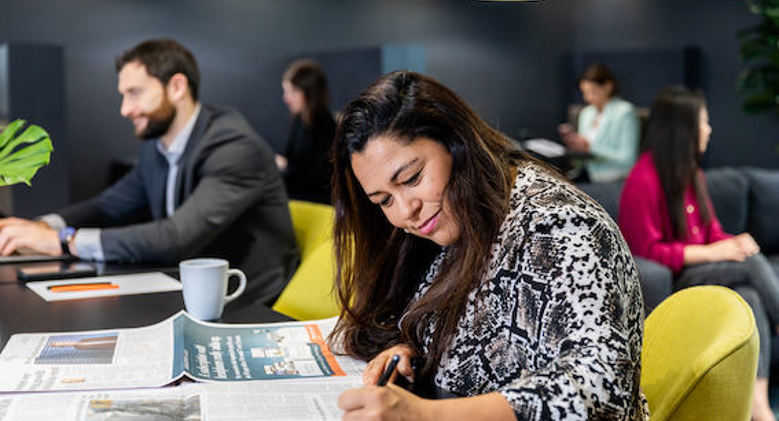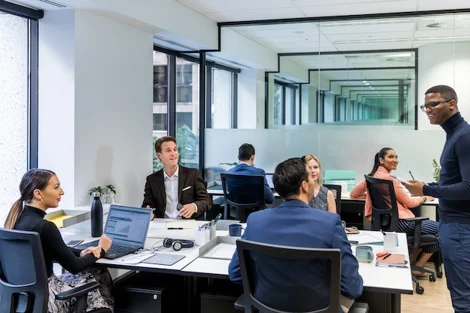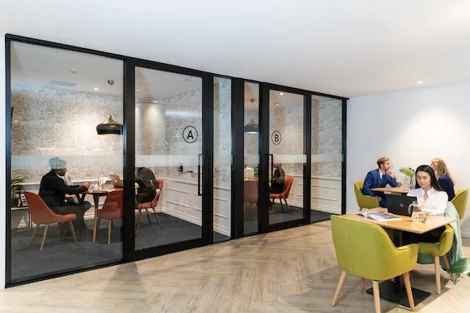
The Future of Work and Coworking
SHARE

A surge in fast, effective technology has changed the way we work. A younger, tech-savvy workforce with different expectations and priorities has led to companies choosing to rethink how their office space, utilities, and work perks can best serve their employees.
Employment is no longer a one-way street. Potential employers will often find themselves sweating on the hot seat during a job interview to answer the candidate’s question: ‘why should I work for you?’
Simple ideas like work/life balance, mindfulness and corporate social responsibility have been gaining traction with self-motivated, employees in recent years. They’re switching career roles more often than ever before in search of greater job satisfaction and perhaps a company that provides the best snacks.
Companies need to do more to hold on to their employees today than they did in the past as alternative work options become increasingly desirable. It’s estimated that by 2020, 40% of the workforce will be freelancers, temps, independent contractors and solopreneurs. If these figures play out as expected then it’s hard to deny that a large section of society is choosing to work differently to their parents’ generation.
One of the major outcomes of this sea change in how we work is the rise of the coworking space.
For a lot of us when we hear about coworking, we imagine folks in horn-rimmed specs and armed with a Mac and a macchiato, but at its best, co-working bridges the gap between the great ideas and the great businesses. It’s a collaborative space, and most importantly it reflects values that today’s professionals have really come to value: freedom, flexibility and lifestyle.
The coworking industry in 2017 has exploded into a worldwide phenomenon for soloists, startups, business-savvy entrepreneurs and all the way up to the corporate leaders on the world stage.
The Sydney Morning Herald reported that there was ‘116,955sqm (of coworking space) across the main capital cities of Brisbane, Sydney and Melbourne’, with the eastern seaboard capitals home to 239 co-working spaces and counting in 2017.
There are even examples around the world of large corporate entities ‘reverse engineering’ their companies to include coworking spaces. Companies are choosing to expand their existing office space so that start-ups and early-stage entrepreneurs can work alongside engineers and programmers to spur community and innovation.
Why spend thousands searching for and retaining talent when you can simply create a space that naturally attracts those talented individuals?
Workforce trends suggest a drastic upswing in home offices, remote workers, co-workers and emerging entrepreneurs. Many of these types of people either need an office now or will soon need one. Coworking is the answer to an increasingly common question:
‘How can I access a leading-edge workspace with a CBD address but without the major overheads and prohibitive contracts?’
Maybe coworking spaces still aren’t for everyone and ‘hot desking’ is still a dirty word in some circles but the signs are all pointing to the fact that these spaces are on the rise.
More and more of us are starting to realise that it’s hard to think outside of the box when you’re working in a cube. Get in touch with us today to find the right space for your team!
Related articles


The Cost Benefits of Having a Flexible Office Space


